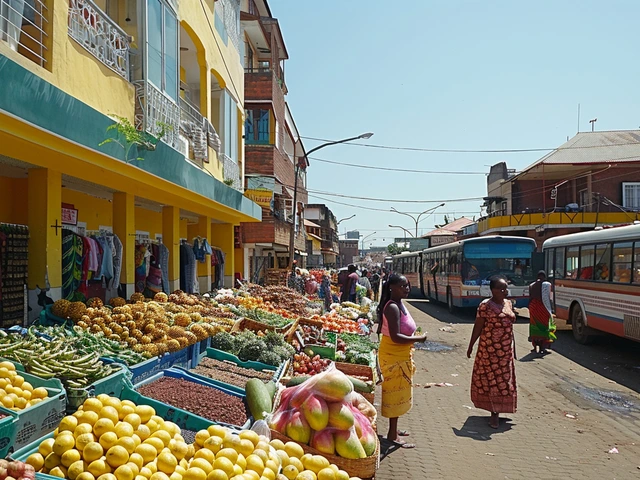Pharmacist Salary in Ethiopia: The Real Numbers and What Impacts Pay
Ever wondered how much a pharmacist makes in Ethiopia? The numbers might surprise you! Pharmacist salaries here don't just depend on qualifications—they also vary by region, experience, and whether you work in a government hospital or the private sector.
Most fresh pharmacy graduates in Ethiopia start their careers in public hospitals or clinics. Entry-level salaries typically range from 6,000 to 10,000 Ethiopian birr per month (roughly $100–$200, depending on the exchange rate). Compared to some other health professions, pharmacists start a bit higher, but not by a huge margin.
Private pharmacies and multinational pharmaceutical companies tend to offer better pay. It’s not rare to see pharmacists in private settings earning between 12,000 and 20,000 birr per month, and those with several years of experience—especially in in-demand urban areas like Addis Ababa—can climb even higher. But it’s not just about the salary; private workplaces sometimes offer performance bonuses and other incentives.
Experience matters, big time. A pharmacist with five years on the job will almost always earn more than a rookie. Extra qualifications, such as a master’s degree in pharmaceutical sciences, also boost your potential pay. Some pharmacists add side hustles, like giving consultations or importing medical supplies, to pad their income further.
Cost of living is something every pharmacist should think about. Living in Addis Ababa means higher expenses for housing and transportation, but the job opportunities also pay more. Smaller towns offer a lower cost of living, but the pay scales down too, so it's a balance you need to weigh.
If you’re considering pharmacy just for the paycheck, remember that salaries here don’t always compare with what’s on offer in countries like the US or UK. Still, it’s a respected field with solid job security, especially as Ethiopia’s healthcare sector keeps on growing. Demand for skilled pharmacists is strong, given the country’s steady population growth and public health challenges.
One thing to watch for: regulations and government policy can affect both job availability and salaries. When new hospitals open or health initiatives launch, pharmacist demand rises—a boost for anyone in the field.
There’s also a difference in pay depending on what kind of work you do. Hospital pharmacists, community pharmacists, and those working in drug distribution each have slightly different earning patterns. Some find success moving into management or sales, where top performers can earn well above the typical salary.
So, thinking about a career as a pharmacist in Ethiopia? Factor in the work setting, city, your credentials, and even the health trends in the region. It all adds up when you’re deciding where to build your future—and your paycheck.









